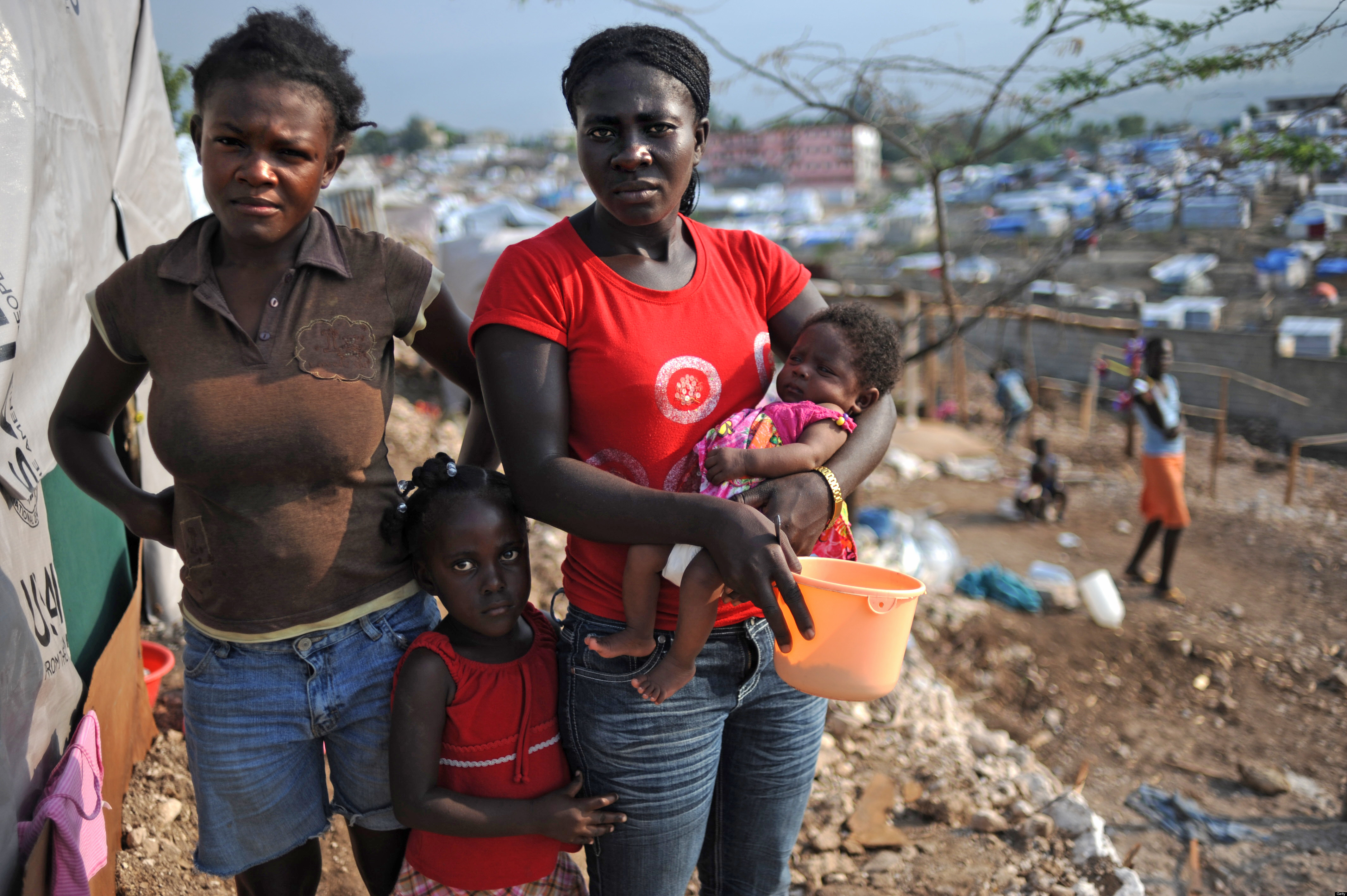Worldwide, it is estimated that approximately 850 young women and girls are infected with HIV/AIDS every day. Those from poor or disadvantaged backgrounds are particularly at risk of contracting HIV/AIDS with sex workers being some of the most affected. In the tiny Caribbean island of Haiti, HIV/AIDS is a grim reality, in particular for women and girls. Our feminist consultating firm has looked into this matter a bit deeper.
Poverty and HIV/AIDS in Haiti
According to the UN, Haiti is one of the poorest countries in the Western hemisphere with an estimated 20 percent of the population living below the poverty line on just US$1.23 a day. Less than 1 percent of the country’s GDP is dedicated to health or education and for most people, covering basic food costs is a daily struggle. In 2021, Tropical Storm Laura caused widespread destruction throughout the country and displaced thousands from their homes. An increase in gang violence followed and the assassination of president Jovenal Moïse led to further displacement. In such contexts of violence and instability, women and girls are always the most vulnerable. They are also the most vulnerable to contracting viruses such as HIV/AIDS.
In Haiti, it is believed that as much as 2.2 percent of adults are HIV positive with women being 3 times more likely to be HIV-positive than men. The high prevalence rate of HIV/AIDS amongst women and girls can in part be attributed to a lack of knowledge about the virus and how its spread as well as limited use of contraceptives. However, in far too many cases, women and girls contract HIV/AIDS through sexual assault. Our gender equality consultancy found that according to the UN, victims of sexual violence, specifically gang rape, are at a particularly high risk of contracting HIV/AIDS.
Sexual assault and HIV/AIDS
The problem of sexual assault in Haiti partly lies in the very high levels of gender inequality throughout the country. Despite the Haitian government has ratified the Convention on the Elimination of all forms of Discrimination Against Women (CEDAW) cultural norms and laws that discriminate against women and girls are commonplace. Men typically have control over resources such as land, marriage, children and property and women and girls often do not receive the same access to education or employment.
Such norms also make women and girl’s vulnerable to sexual violence. Due to the widespread discrimination against women and girls in Haiti, sexual violence is often not taken seriously. In 2012 for example, the UN released a report based on findings in Port-au Prince that ‘indicate that the low rate of prosecution of rape in the Port-au-Prince area is a result of the shortcomings of the police and judicial system in general.’ The lack of formal action to monitor or take action against sexual violence by the government has made the problem widespread. Aside from the obvious harm that this causes to women and girls, it also contributes to the increased spread of HIV/AIDs.
Stigma and discrimination
The stigma and discrimination associated with HIV/AIDs also discourage victims from reporting sexual violence to police or from seeking medical assistance should they contract HIV/AIDS. While the Haitian Ministry of Public Health and Population has taken some positive steps toward making HIV/AIDS services accessible to rape victims by providing free ARV-PEP, the fear of stigmatization and mistreatment from law enforcement makes the likelihood of victims seeking assistance, less likely. This also makes the detection of HIV/AIDS less likely which contributes to its spread.
Preventing HIV/AIDS in Haiti
Greater efforts must be made in Haiti to understand how HIV/AIDS is transmitted and specifically how it affects women and girls. The reasons why women and girls, don’t seek post-rape health care and HIV/AIDS treatment must also be understood and interventions should be made at schools to teach children about the harms of HIV/AIDS and how it is spread. It is also absolutely essential to reduce stigma and discrimination against victims of HIV/AIDS so that they are more likely to report the crime to the police and seek medical help should they contract HIV/AIDS.
What is essential, however, is to make greater efforts to reduce violence against women and girls and to punish perpetrators of sexual violence. As a women’s rights consultancy, this is key, not only to improving the lives of women and girls in Haiti and ensuring that they have access to the basic, fundamental human rights to live free from violence and discrimination but also ensuring that everybody in Haiti, is able to live healthy, long and fulfilling lives that are free from sicknesses such as HIV/AIDS.




